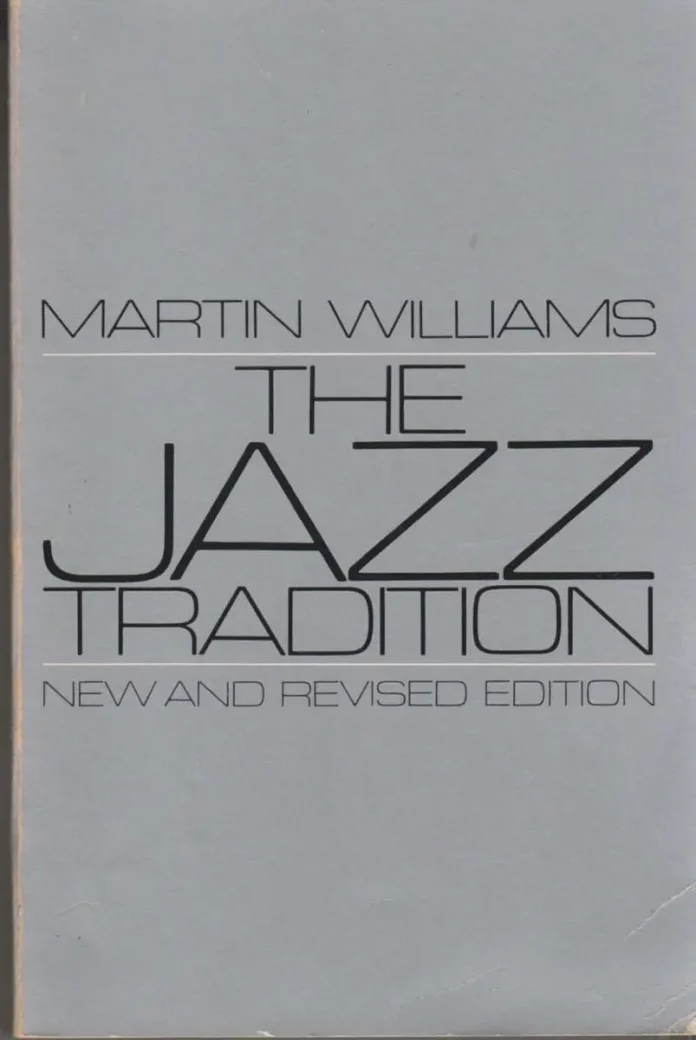I have always considered Martin Williams to be amongst the handful of genuinely satisfying academic jazz critics; and it is thus splendid to have this excellent book back in circulation, especially as it has been re-vamped and extended. The Ellington essay has been completely rewritten, and there are new chapters on King Oliver, Bechet, Tatum, Mingus and Sarah Vaughan. In addition, the other essays have been revised to take account of the artists’ work over the last decade or so and there are extensive and up-to-date discographical notes.
I’ve read some of the essays three or four times already, and each time find something new to reflect on and, on occasion, to disagree with. Throughout, however, Williams’ insight is both cogent and illuminating. Few essays on Ellington, for example, can compete with his incisive mixture of admiration and discrimination.
Analysis of the many selected performances is first class in its blend of musicological exactitude and accessible style; and I particularly warmed to his sympathetic but firm criticism of Duke’s usual concert programmes in the late sixties and early seventies. His remarks on Ellington’s dramatic flair are also wide-ranging and convincing, and I felt I understood more about Ellington’s approach to orchestration and blend of specific sounds from Williams’s short study than from any number of lengthy panegyrics available elsewhere.
Elsewhere, Williams is superb on Tatum’s harmonic and rhythmic awesome-ness, rightly emphasising the pianist’s massive influence on modernism. His now-famous essay on Rollins is a pleasure to return to, and the recent renascence of the MJQ gives added weight to his sensible remarks about Milt Jackson’s achievement with the group.
What I like most about the book is its sober enthusiasm. Williams chooses the musicians he most admires and considers most important in jazz’s evolution, and writes about each with warmth, authority and elegance. One could, of course, quibble at the inclusion of Horace Silver and the absence of Dizzy Gillespie; and I will never be able to agree that Stan Getz is essentially rooted in thirties jazz, or that Oscar Peterson is not rhythmically a modernist: But, finally, such things don’t matter; or rather, they are the inevitable and stimulating differences of opinion that any good survey ought to promote.
The Jazz Tradition, by Martin Williams. New & revised edition, pp. 286. Published by OUP at £14.50 (Also Galaxy p/back at £4.95).
















